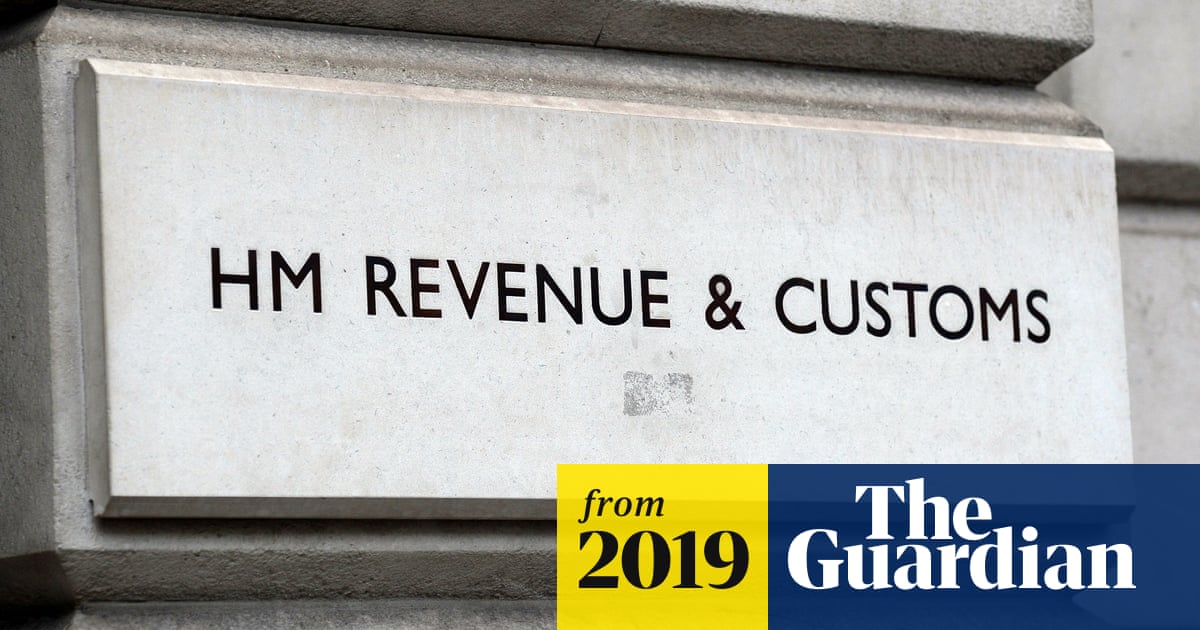Apologies, my fat finger is to blame. You are correct, the rate for a male at age 65 is c3.5%.Is there an Irish company currently offering 4.5% for a relatively healthy person?
The Irish life calculator annuity calculator for a single male 65 is showing 3.6%. (A 65 year old pensioner gets their money back by the age of 92.)
If you'd like inflation linked, and a second person, then you're already today looking at under 2% annuities.
I'd be happy with restricting fund choice to safe or ideally guaranteed funds - over forcing people into annuities at rates less than 5%.
Put it this way, forget about pensions, if you'd 100k in cash at 65 would you give it someone who'll dribble it back to you at 3.6% - and hope you live past 92 and still be in a position to care about your annuity?
Back when annuities were 7-9% you did have people opting to convert savings into annuities. Outside the captive pension market, no one now is buying annuities.
I fully agree, most people coming out of DC arrangements are now going for ARFs. But it also needs to be borne in mind that many (most?) such pensioners tend to be “risk adverse” and in the current climate that results in low (or very low) returns. When you factor in 4% and 5% drawdown, that means the ARF value will be decreasing over time and the 4% or 5% amount will be a reducing income. If one tries to maintain the income at a flat rate, then that will likely accelerate the reducing value of the ARF.
So if might come down to going the Annuity route (a safe, if low, guaranteed income for life) or an ARF which offers flexibility but also involves investment risk and perhaps the prospect of a gradually reducing income.
Not easy.
